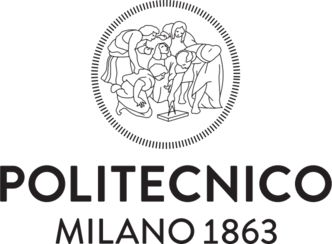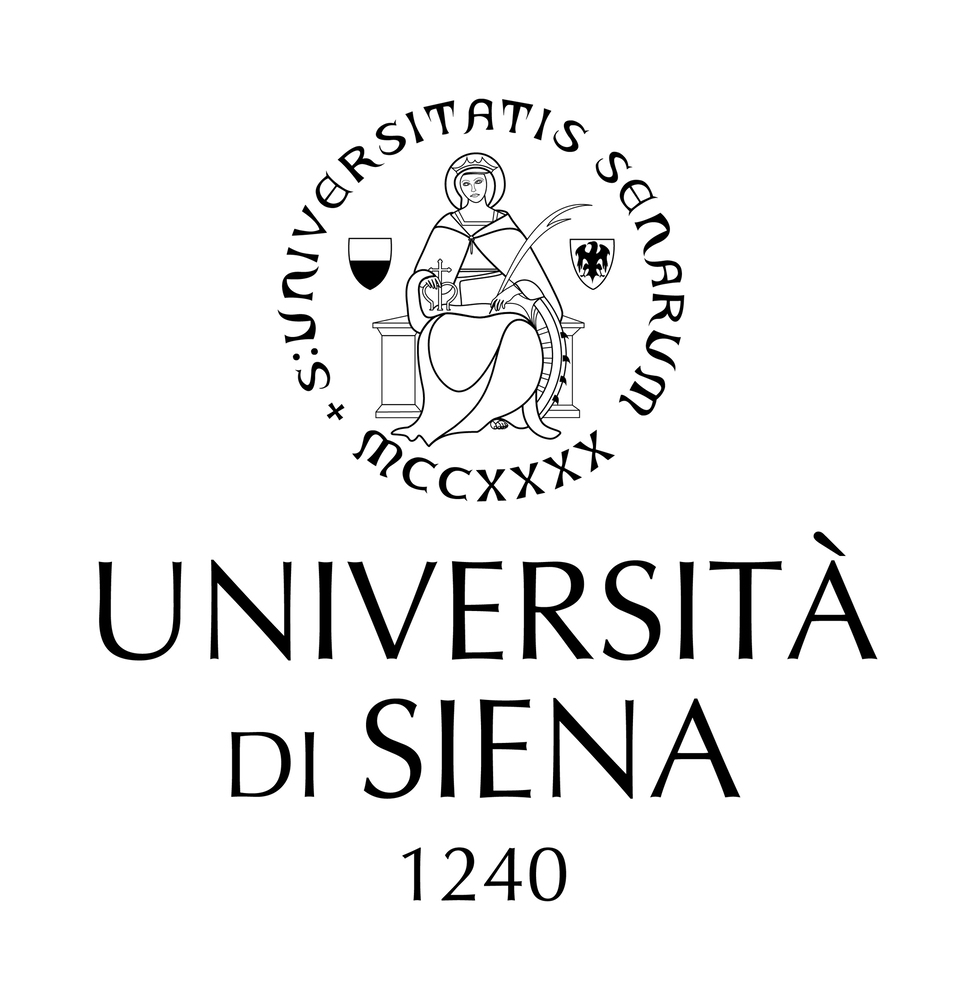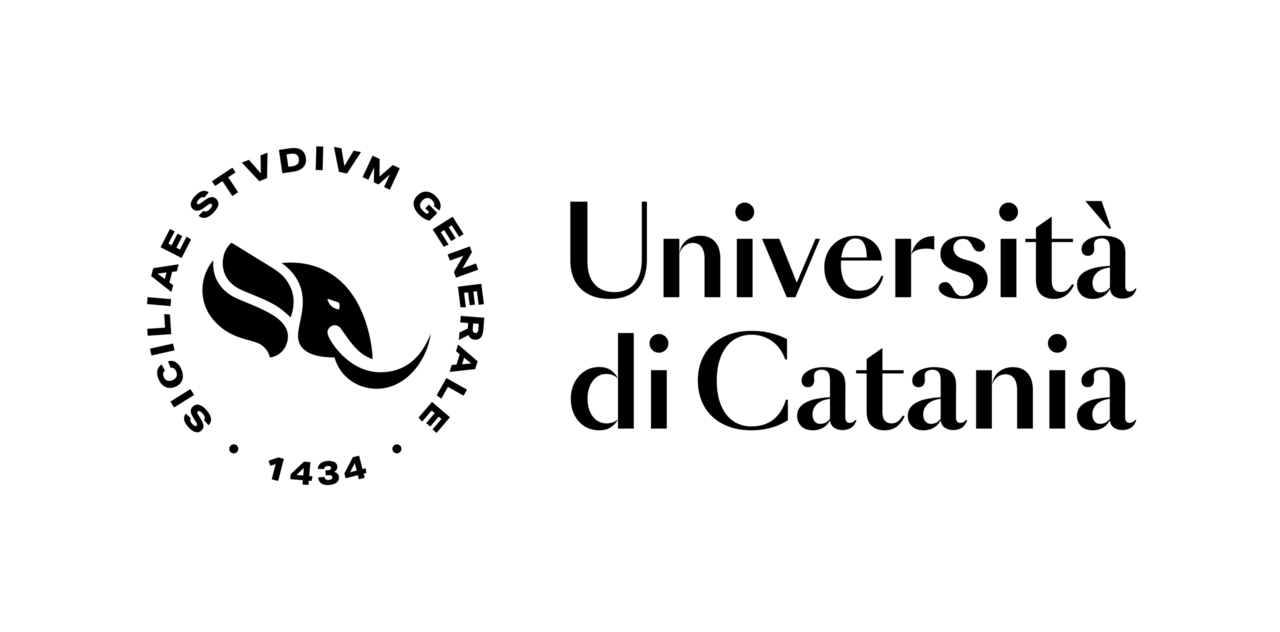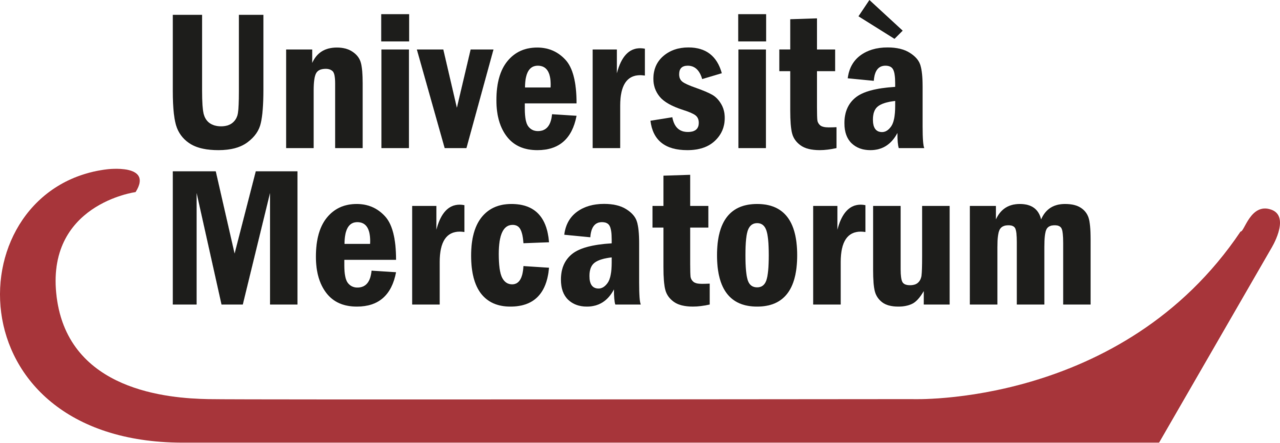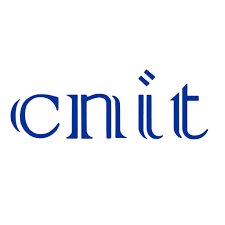VERIMEDIA
International Workshop on Media Verification and Integrity
VERIMEDIA - IJCNN 2025 Workshop
The workshop will take place on July 3rd, 2025 - ROOM Montale - Università Gregoriana, piazza della Pilotta 4, Rome
This workshop in conjuction with IJCNN conference addresses the rising challenges of AI-generated content and deepfakes by exploring advancements in multimedia forensics, deepfake detection, adversarial machine learning, AI-generated media attribution, multimodal analysis. A key focus is lifelong media authentication, emphasizing AI's role in safeguarding media integrity by analyzing diverse media types—text, images, videos, and speech. The session highlights the critical importance of combating disinformation and ensuring trustworthy information across fields like forensics, fake news debunking, cyberattack mitigation, and politics. The primary objective is to bring together experts from these varied fields, policy makers and stakeholders to share challenges and solutions and foster collaborative discussions.
This workshop is supported by the FF4ALL - SERICS project
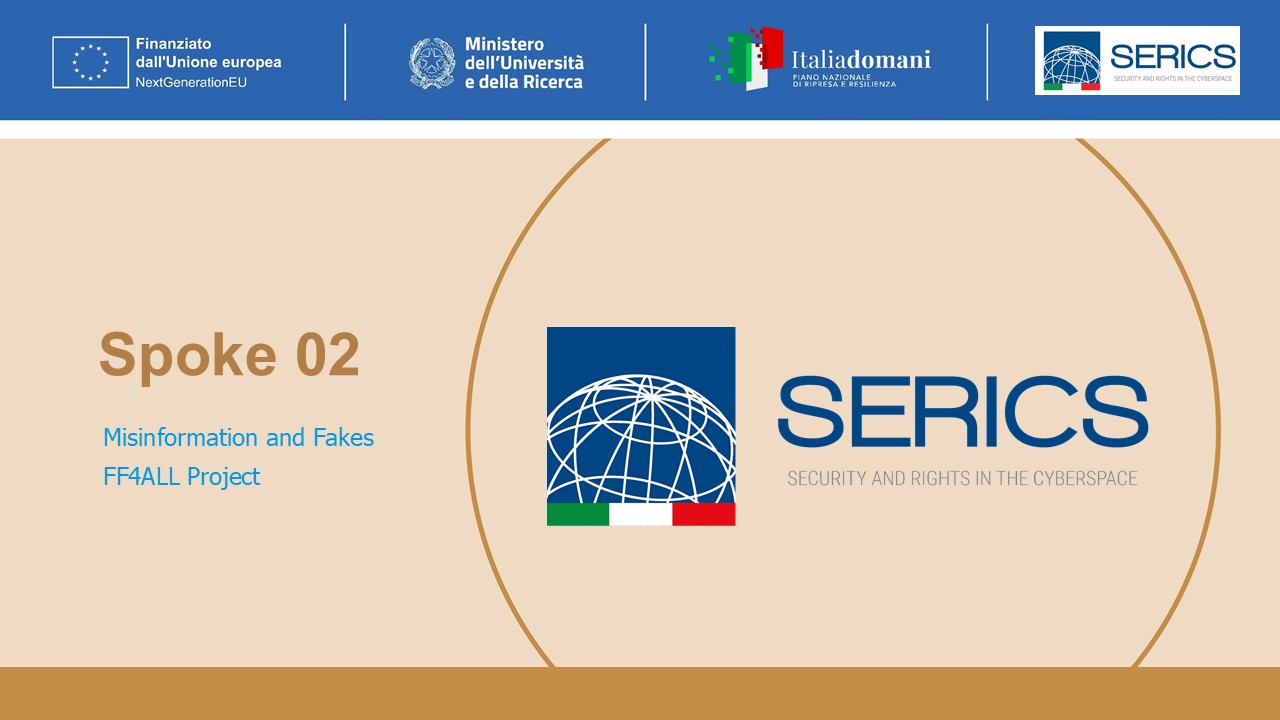
Program
July 3rd, 2025 · ROOM Montale · Università Gregoriana, Piazza della Pilotta 4, Rome
From Face Recognition to Deception: 20 Years in Biometrics and Synthetic Media
Prof. Sébastien Marcel, IDIAP Research Center, Switzerland
- AI-GenBench: A New Ongoing Benchmark for AI-Generated Image Detection Pellegrini, Lorenzo; Cozzolino, Davide; Pandolfini, Serafino; Maltoni, Davide; Ferrara, Matteo; Verdoliva, Luisa; Prati, Marco; Ramilli, Marco
- WILD: a new in-the-Wild Image Linkage Dataset for synthetic image attribution Bongini, Pietro; Mandelli, Sara; Montibeller, Andrea; Casu, Mirko; Pontorno, Orazio; Ragaglia, Claudio Vittorio; Zanchetta, Luca; Aquilina, Mattia; Majid Wani, Taiba; Guarnera, Luca; Tondi, Benedetta; Boato, Giulia; Bestagini, Paolo; Amerini, Irene; De Natale, Francesco; Battiato, Sebastiano; Barni, Mauro
- TrueFake: A Real World Case Dataset of Last Generation Fake Images also Shared on Social Networks Dell'Anna, Stefano; Montibeller, Andrea; Boato, Giulia
- Leveraging Steganography for Image Certification and Manipulation Detection Ghiani, Davide; Rodriguez Chivata, Jefferson David; Lilliu, Stefano; La Cava, Simone Maurizio; Micheleto, Marco; Orrù, Giulia; Lama, Federico; Marcialis, Gian Luca
- Multi-agent Deep Reinforcement Learning for Fake News Detection Wu, Yiwen; McConville, Ryan; Liu, Weiru; Bo, Hongbo; McAreavey, Kevin
Multimedia Integrity, Visual Trust and the Ethical Responsibilities of Journalists in the Digital Age
Marco Capovilla, Lecturer at Politecnico di Milano and IULM University
- Demo spotlight
- Demo showcase
The use of AI on photo and video evidence: opportunities, challenges, and regulations
Martino Jerian, CEO and Founder, Amped Software
- JPEGs Just Got Snipped: Croppable Signatures Against Deepfake Images Perazzo, Pericle; Mattei, Massimiliano; Anastasi, Giuseppe; Avventuri, Marco; Dini, Gianluca; Lettieri, Giuseppe; Vallati, Carlo
- Who is driving this deepfake? Beyond Deepfake Detection with Driver Identification Libourel, Alexandre; Dugelay, Jean-Luc
- Training-Free Deepfake Detection: An Identity-Guided Approach Using Facial Embeddings Aquilina, Mattia; Majid, Taiba; Amerini, Irene
- End-to-end Audio Deepfake Detection from Raw Waveforms: A RawNet-Based Approach Di Pierno, Andrea; Guarnera, Luca; Allegra, Dario; Battiato, Sebastiano
- Towards Explainable Person-of-Interest-Based Audio Synthesis Detection Pianese, Alessandro; Cuccovillo, Luca; Poggi, Giovanni; Le Roux, Thomas; Aichroth, Patrick
Registration
To attend this workshop, participants must register through the official IJCNN conference registration system. Please follow the instructions provided on the IJCNN website to complete your registration (Workshop Only Admission $100.00). Note that access to the workshop is only available to properly registered attendees of the main conference.
Register for WorkshopKeynotes
Distinguished speakers sharing cutting-edge research in media verification and integrity
Prof Sébastien Marcel
IDIAP Research Center, Switzerland
From Face Recognition to Deception: 20 Years in Biometrics and Synthetic Media
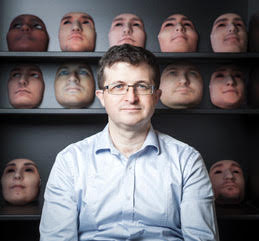
Bio: Sébastien Marcel holds a Ph.D. in signal processing from Université de Rennes I (2000) and is a senior researcher at the Idiap Research Institute in Switzerland, where he leads a team focused on biometrics security, including face, speaker, and vein recognition, as well as anti-spoofing. He lectures at EPFL on statistical pattern recognition and has served in editorial roles for top IEEE journals. He was the principal investigator of major EU projects like MOBIO, TABULA RASA, and BEAT.
Abstract: As a field of research, Biometrics, encompasses many topics such as recognition (face, voice, fingerprint, iris or vascular), vulnerability assessment or attack prevention (spoofing, deepfakes or morphing). Since most of these technologies are now AI-driven (e.g. face recognition is powered by large deep neural networks) it opens new challenges and research avenues. In this talk, I will give an overview of my own research in the field over the last 20 years within the Biometrics Security & Privacy group. I will depict a journey devoted to deceive face recognition with the aim to mitigate security and privacy risks.Marco Capovilla
Professional Photojournalist
Multimedia integrity, visual trust and the ethical responsibilities of journalists in the digital age
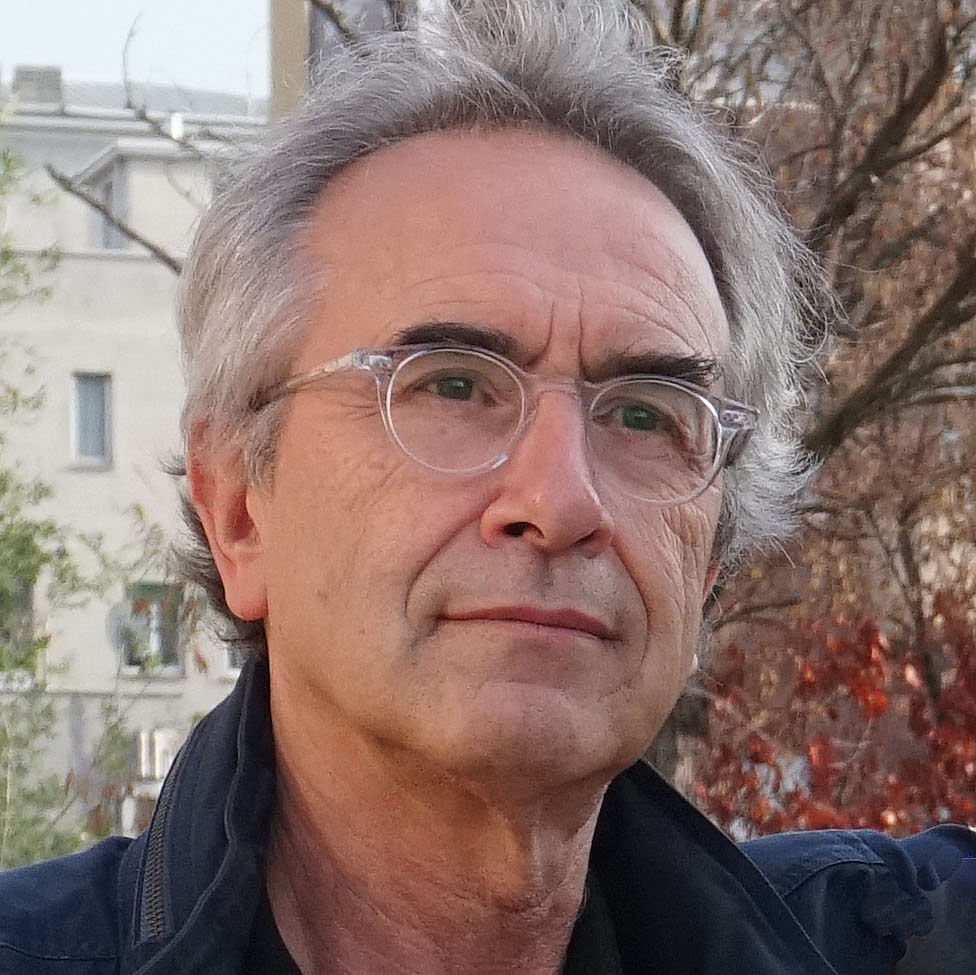
Bio: Marco Capovilla earned a degree in Computer Science from the University of Pisa before moving to the Department of Biophysics at the University of California, Berkeley, where he spent three years as a postdoctoral researcher studying the vertebrate visual system. After transitioning from science to photography, he began a career as a professional photojournalist, contributing to major international magazines and working extensively in the editorial field. His photographic work focuses primarily on sociological and anthropological themes, the natural environment, and historical architecture. For the past two decades, he has taught Photojournalism at leading Italian universities.
Abstract: The rapid and disruptive advancement of digital technologies—particularly those capable of generating hyper-realistic synthetic imagery—poses a profound challenge to the longstanding, implicit agreement by which, for almost two centuries, humanity has regarded photographic media as a trustworthy means of representing reality. Confronted with this new and ethically charged environment, journalists are striving to maintain the credibility of visual information. In doing so, they are calling upon the support of reputable media organizations, public institutions, NGOs, and citizen-led initiatives to help rebuild and preserve public trust. Tackling this multifaceted challenge involves collaboration across disciplines, with contributions coming not only from technologists, but also from socio-anthropologists, media scholars, cognitive psychologists, educators and artistsMartino Jerian
CEO and Founder, Amped Software
The use of AI on photo and video evidence: opportunities, challenges, and regulations
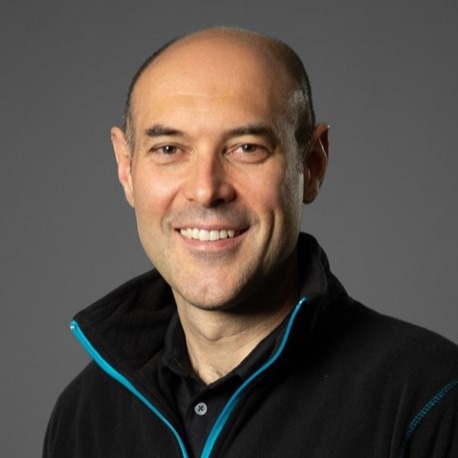
Bio: Martino Jerian is the CEO and Founder of Amped Software. He graduated in Electronic Engineering (summa cum laude) at the University of Trieste (Italy) with a thesis on forensic image processing and founded Amped Software in 2008. He has extensive software engineering experience designing and starting the development of Amped Software products. He taught as a contract professor in a few university courses related to investigations, forensics, and intelligence, has published several scientific papers related to image and video forensics, and has also worked as a forensic expert in major judiciary cases.
Abstract: In this session, we will discuss the potential, challenges, and concerns related to the use of Artificial Intelligence (AI) while working on photo and video evidence. We will suggest some high-level guidelines for use during criminal investigations, and we will present a few applicative examples, such as the enhancement of faces, the interpretation of low-quality license plates, and the detection of deepfakes. For these examples we will discuss the applicability in a judiciary context and possible safeguards to implement. Additionally, we will review key court cases and regulatory updates, such as the AI Act, to provide a legal perspective on AI’s evolving role in video forensics. This session will offer forensic practitioners, legal professionals, and researchers a balanced perspective on leveraging AI while upholding scientific and legal standards.Accepted Papers
TrueFake: A Real World Case Dataset of Last Generation Fake Images also Shared on Social Networks
Dell'Anna, Stefano; Montibeller, Andrea; Boato, Giulia
JPEGs Just Got Snipped: Croppable Signatures Against Deepfake Images
Perazzo, Pericle; Mattei, Massimiliano; Anastasi, Giuseppe; Avventuri, Marco; Dini, Gianluca; Lettieri, Giuseppe; Vallati, Carlo
WILD: a new in-the-Wild Image Linkage Dataset for synthetic image attribution
Bongini, Pietro; Mandelli, Sara; Montibeller, Andrea; Casu, Mirko; Pontorno, Orazio; Ragaglia, Claudio Vittorio; Zanchetta, Luca; Aquilina, Mattia; Majid Wani, Taiba; Guarnera, Luca; Tondi, Benedetta; Boato, Giulia; Bestagini, Paolo; Amerini, Irene; De Natale, Francesco; Battiato, Sebastiano; Barni, Mauro
Training-Free Deepfake Detection: An Identity-Guided Approach Using Facial Embeddings
Aquilina, Mattia; Majid, Taiba; Amerini, Irene
End-to-end audio deepfake detection from raw waveforms: a RawNet-based approach with cross-dataset evaluation
Di Pierno, Andrea; Guarnera, Luca; Allegra, Dario; Battiato, Sebastiano
AI-GenBench: A New Ongoing Benchmark for AI-Generated Image Detection
Pellegrini, Lorenzo; Cozzolino, Davide; Pandolfini, Serafino; Maltoni, Davide; Ferrara, Matteo; Verdoliva, Luisa; Prati, Marco; Ramilli, Marco
Leveraging Steganography for Image Certification and Manipulation Detection
Ghiani, Davide; Rodriguez Chivata, Jefferson David; Lilliu, Stefano; La Cava, Simone Maurizio; Micheleto, Marco; Orrù, Giulia; Lama, Federico; Marcialis, Gian Luca
Multi-agent Deep Reinforcement Learning for Fake News Detection
Wu, Yiwen; McConville, Ryan; Liu, Weiru; Bo, Hongbo; McAreavey, Kevin
Towards Explainable Person-of-Interest-based Audio Synthesis Detection
Pianese, Alessandro; Cuccovillo, Luca; Poggi, Giovanni; Le Roux, Thomas; Aichroth, Patrick
Who is driving this deepfake? Beyond Deepfake Detection with Driver Identification
Libourel, Alexandre; Dugelay, Jean-Luc
Demo Sessions (Quadriportico, first floor)
Trustworthy AI in Cyber-Physical Systems:Innovations and Applications with Aitek S.p.A.
AITEK, Alberto Carlevaro
Deepfake Forensics is much more than Deepfake Detection!
AMPED, Martino Jerian
DeepDect: reveal your fake
UNIBA, Alessia Monaco
Synthetic Image Source Attribution by Prompt Estimation and Resynthesis
UNISI, Pietro Bongini
Deepfake checking! an anti-fake webpage promoted by Wallife and UNICA
WALLIFE-UNICA, Giulia Avvisati
Call for Papers
Artificial Intelligence (AI) has profoundly impacted the creation, distribution, and consumption of digital media. However, it has also introduced significant challenges, such
as the rise of deepfakes, AI-generated misinformation, and adversarial attacks. To address these pressing issues, this workshop will explore advancements in multimedia
forensics, deepfake detection, adversarial machine learning, AI-generated media attribution, and multimodal analysis.
A primary focus will be on lifelong media authentication—a forward-looking approach to ensuring the integrity and trustworthiness of digital content. By analyzing diverse media
types, including text, images, videos, and speech, we aim to address the critical need for reliable tools and techniques to safeguard against disinformation, support forensic
investigations, mitigate cyberattacks, and uphold trust in digital communications.
This workshop is aimed at researchers from various fields, including computational intelligence (e.g., deep learning, machine learning), artificial intelligence (e.g., natural
language processing, knowledge modeling, computer vision), social network analysis, and signal processing who are interested in applying their methods and techniques to the
challenges of detecting and countering misinformation. Additionally, professionals, practitioners, and stakeholders active in fields like journalism, communication,
fact-checking, and law enforcement will also find the discussions and outcomes of this workshop highly relevant.
We invite submissions on topics including, but not limited to:
- Multimedia Forensics: Detection and attribution of manipulated content across various media types.
- Deepfake Detection: Innovations in identifying AI-generated content.
- Adversarial Machine Learning: Challenges and solutions in combating adversarial threats.
- AI-Generated Media Attribution: Techniques for tracing and authenticating content origin.
- Lifelong Media Authentication: Long-term strategies for maintaining media integrity.
- Applications in Disinformation Detection: Case studies in forensics, fake news debunking, infodemic control, and politics.
Submission Guidelines: We welcome research papers, case studies, and position papers. Submissions should be original and not under review elsewhere. Manuscripts must follow the IJCNN rules here and should not exceed 8 pages. During the submission, authors should select as the subject area the name of the selected Workshop.
Important dates
Key deadlines and milestones for submission and participation
| Workshop Papers Submission Deadline | March 27, 2025 |
| Workshop Paper Acceptance Notification | April 15, 2025 |
| Workshop Date | July 3, 2025 |

Submission
The VERIMEDIA workshop 2025 is organized as part of the workshop series at the International Joint Conference on Neural Networks (IJCNN 2025). Participation in the workshop is included for all registered conference attendees. We kindly remind authors that at least one representative for each accepted submission must register and be present at the workshop to deliver the presentation. Authors should select as the subject area the name of the selected Workshop.
Submit your paperCommitee
Meet the experts driving the VERIMEDIA workshop

Irene Amerini
General ChairSapienza University of Rome, Italy
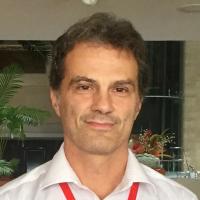
Mauro Barni
General ChairUniversity of Siena, Italy
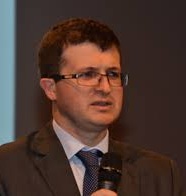
Sébastien Marcel
Technical ProgramIDIAP Research Center, Switzerland
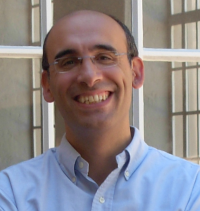
Fernando Pérez-González
Technical ProgramUniversity of Vigo, Spain
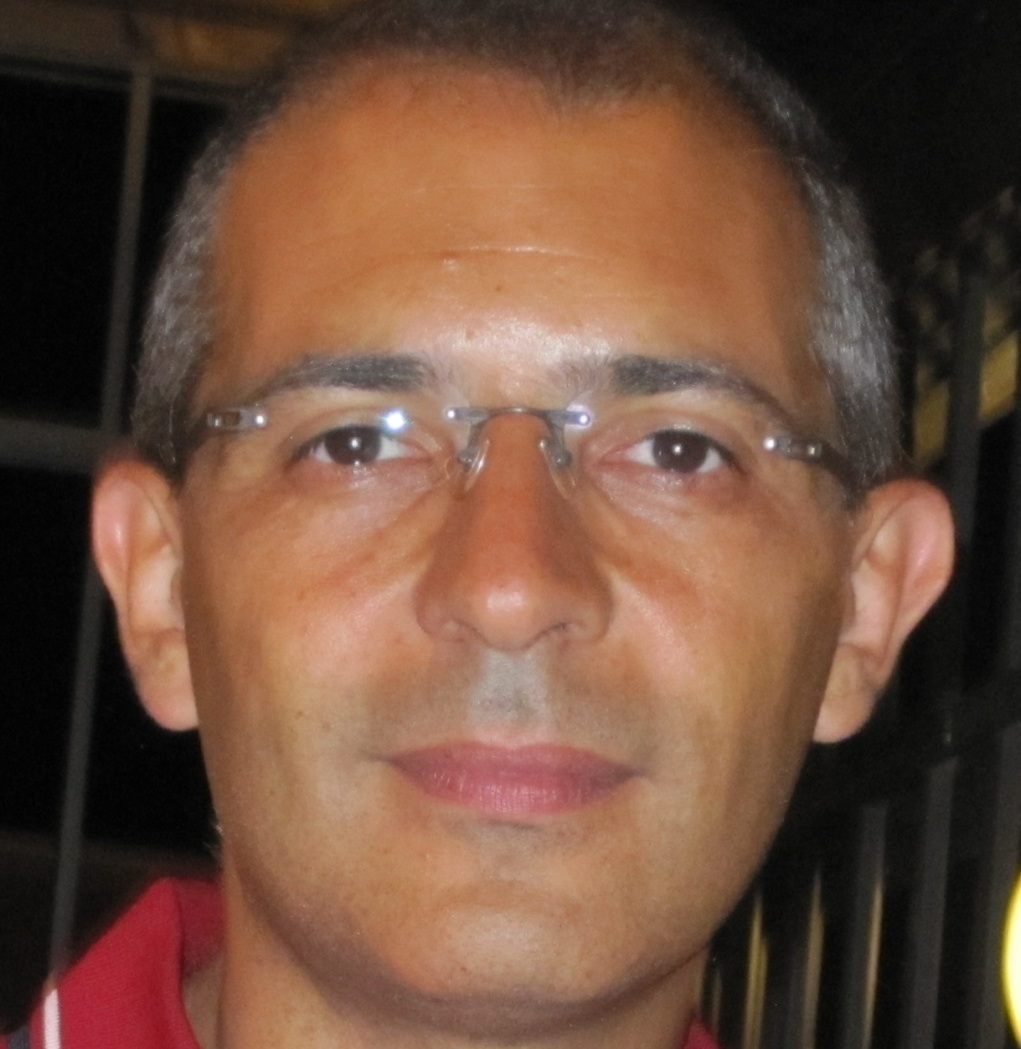
Sebastiano Battiato
Technical ProgramUniversity of Catania, Italy
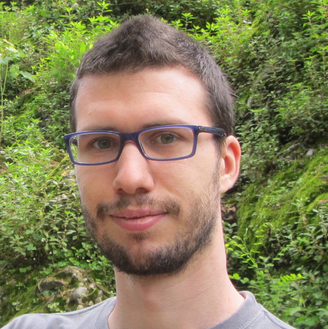
Paolo Bestagini
Technical ProgramPolitecnico di Milano, Italy
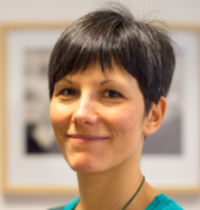
Giulia Boato
Technical ProgramUniversity of Trento, Italy
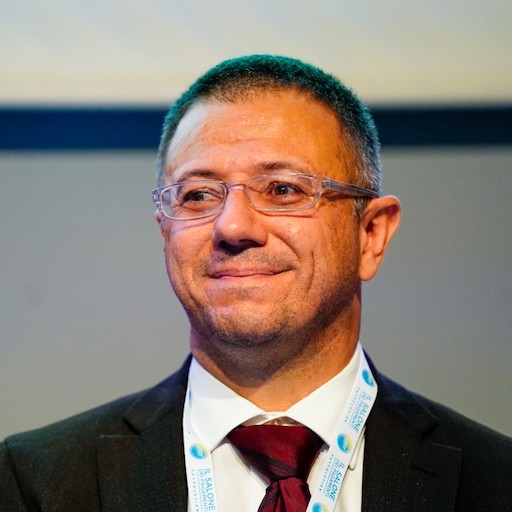
Gian Luca Marcialis
Demo ChairUniversity of Cagliari, Italy
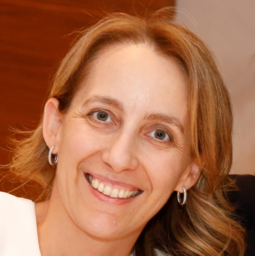
Luisa Verdoliva
Keynote ChairUniversity di Napoli Federico II, Italy
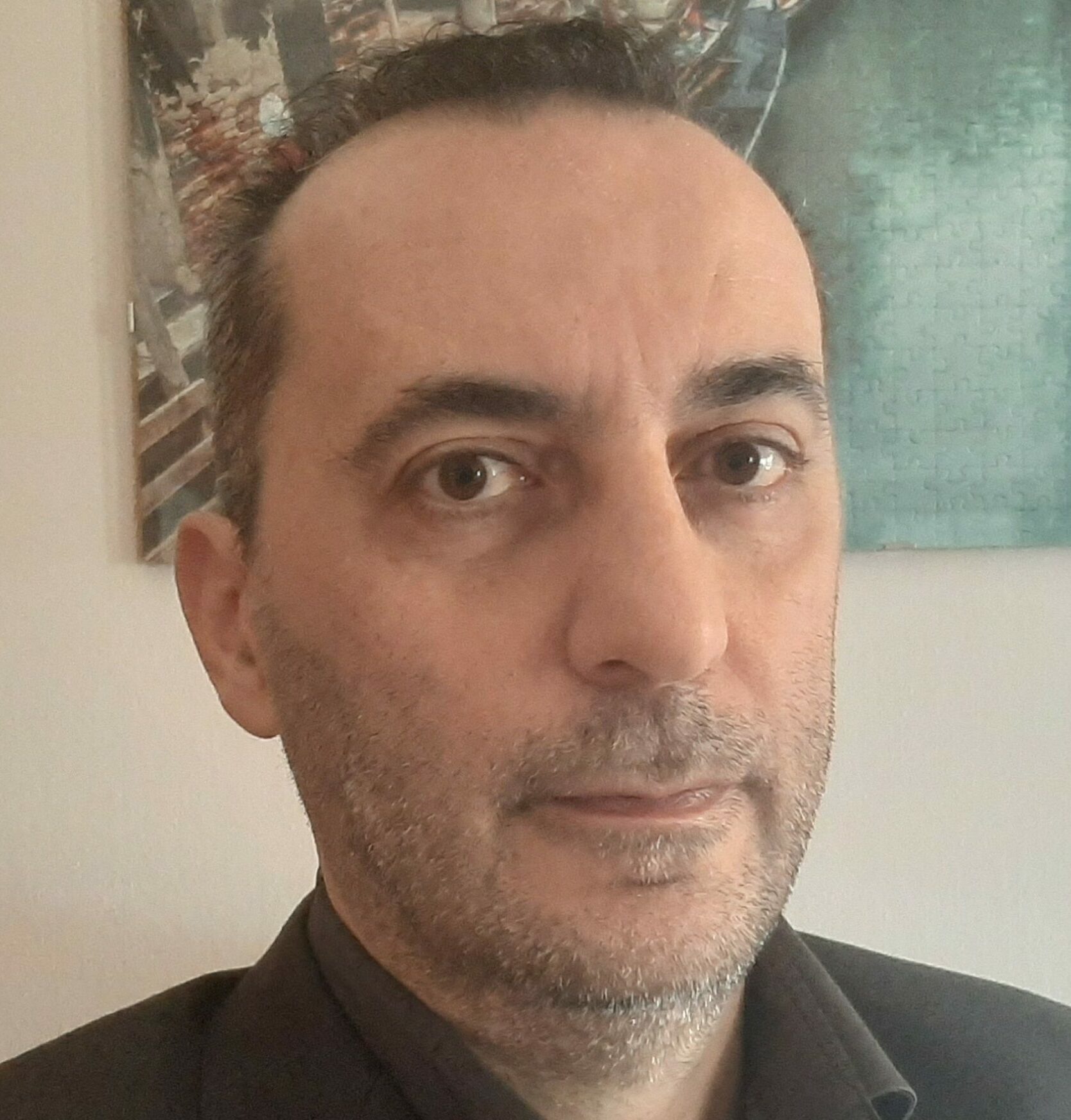
Roberto Caldelli
Panel Session ChairCNIT and Universitas Mercatorum, Italy
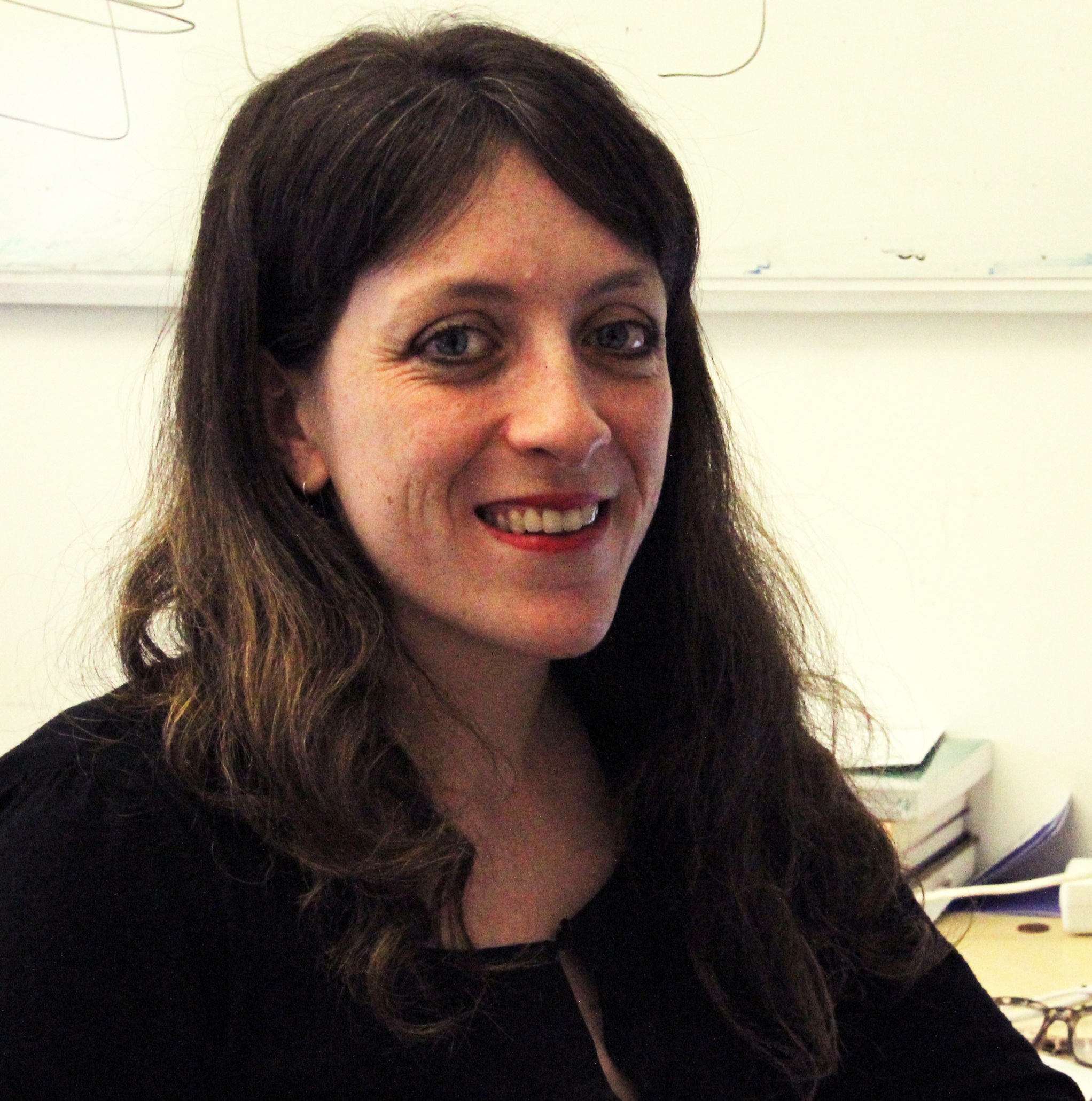
Giovanna Maria Dimitri
Publication ChairUniversity of Siena, Italy
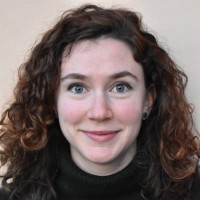
Sara Mandelli
Publicity and Social Network ChairPolitecnico di Milano, Italy
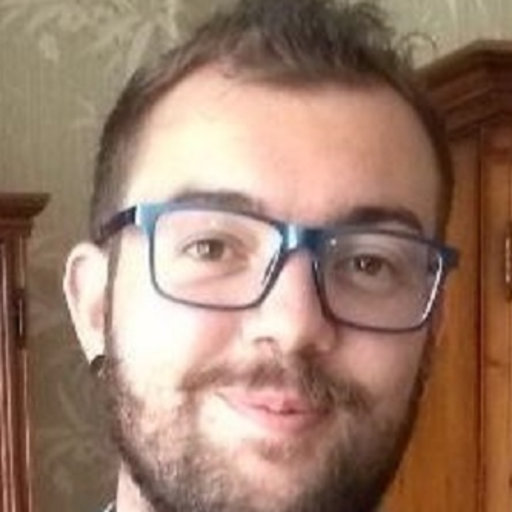
Edoardo Cannas
Publicity and Social Network ChairPolitecnico di Milano, Italy
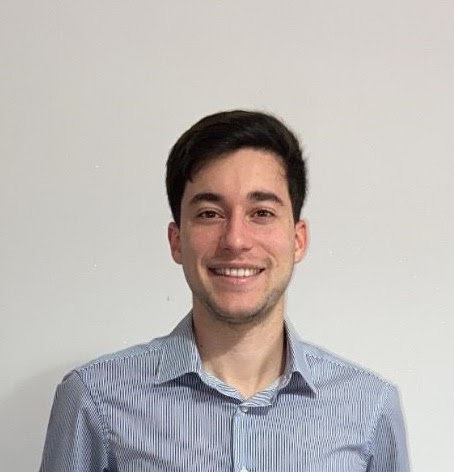
Lorenzo Cirillo
Local Arrangement ChairSapienza University of Rome, Italy
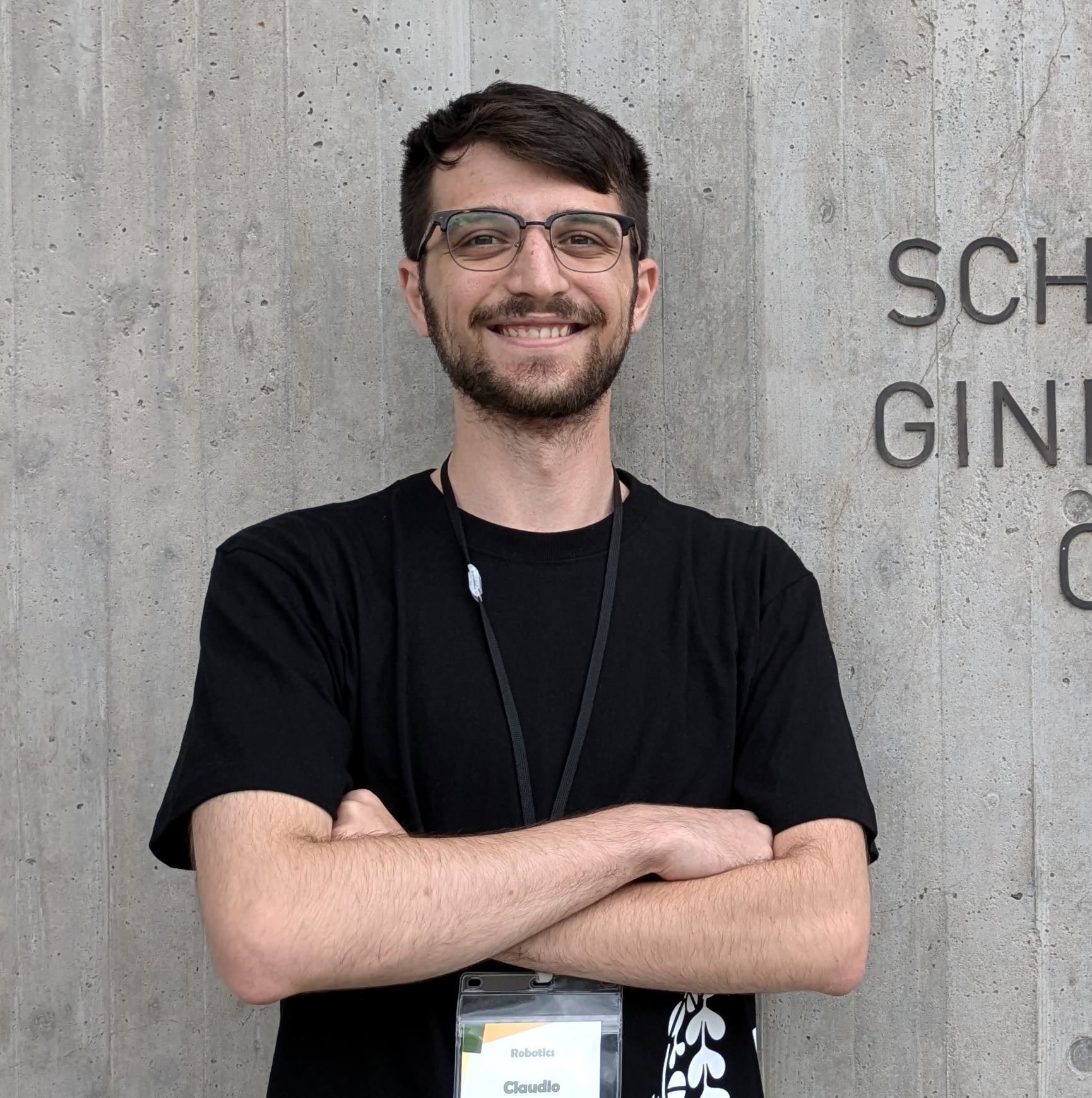
Claudio Schiavella
Local Arrangement ChairSapienza University of Rome, Italy
Contact
Get in touch with us for any questions or assistance
Email Us
Irene Amerini, Sapienza University of Rome - irene.amerini@uniroma1.it
Mauro Barni, University of Siena - mauro.barni@unisi.it


